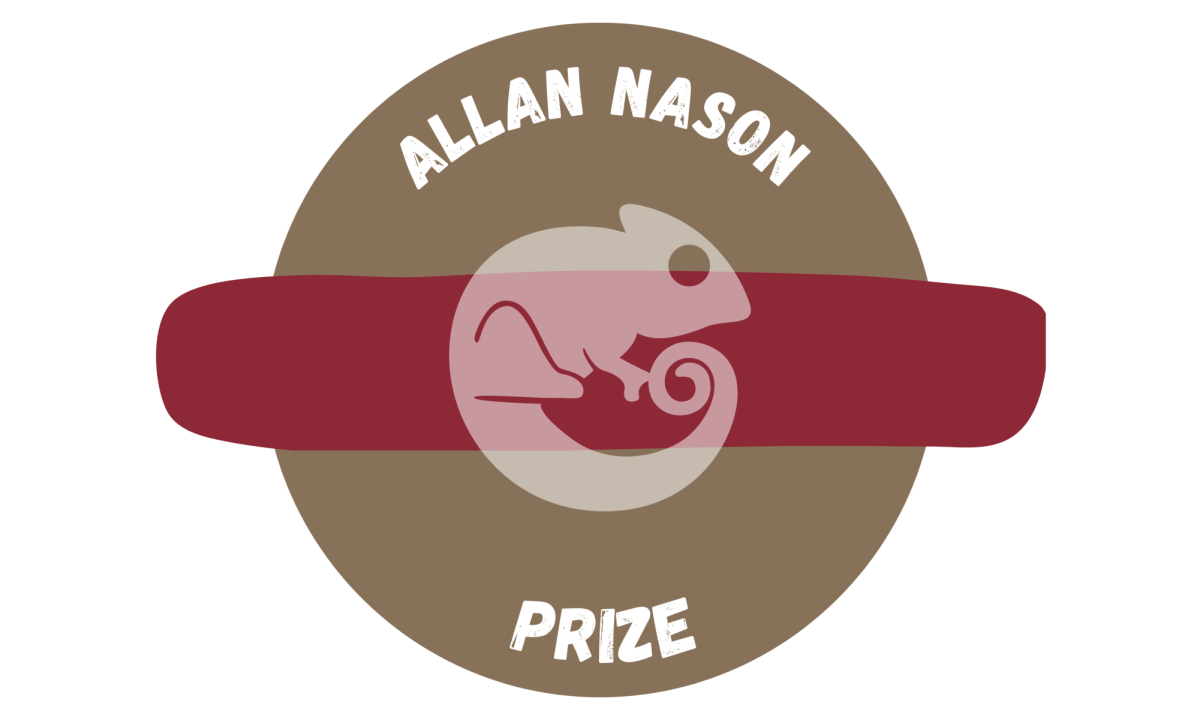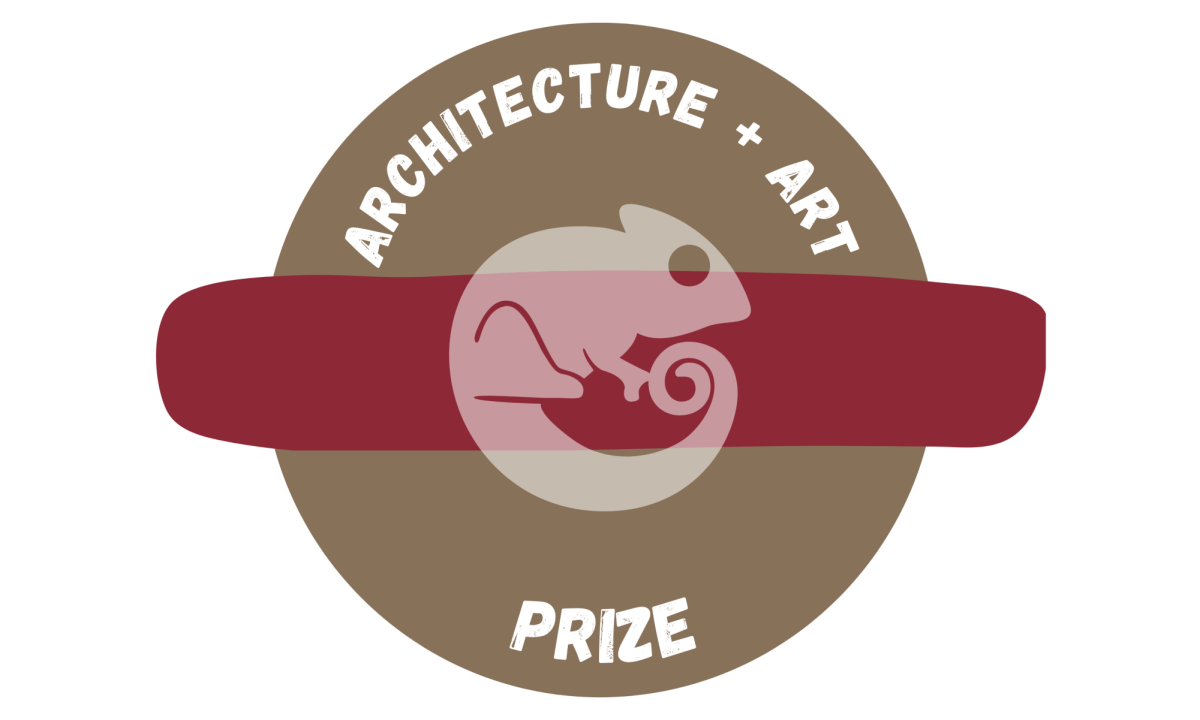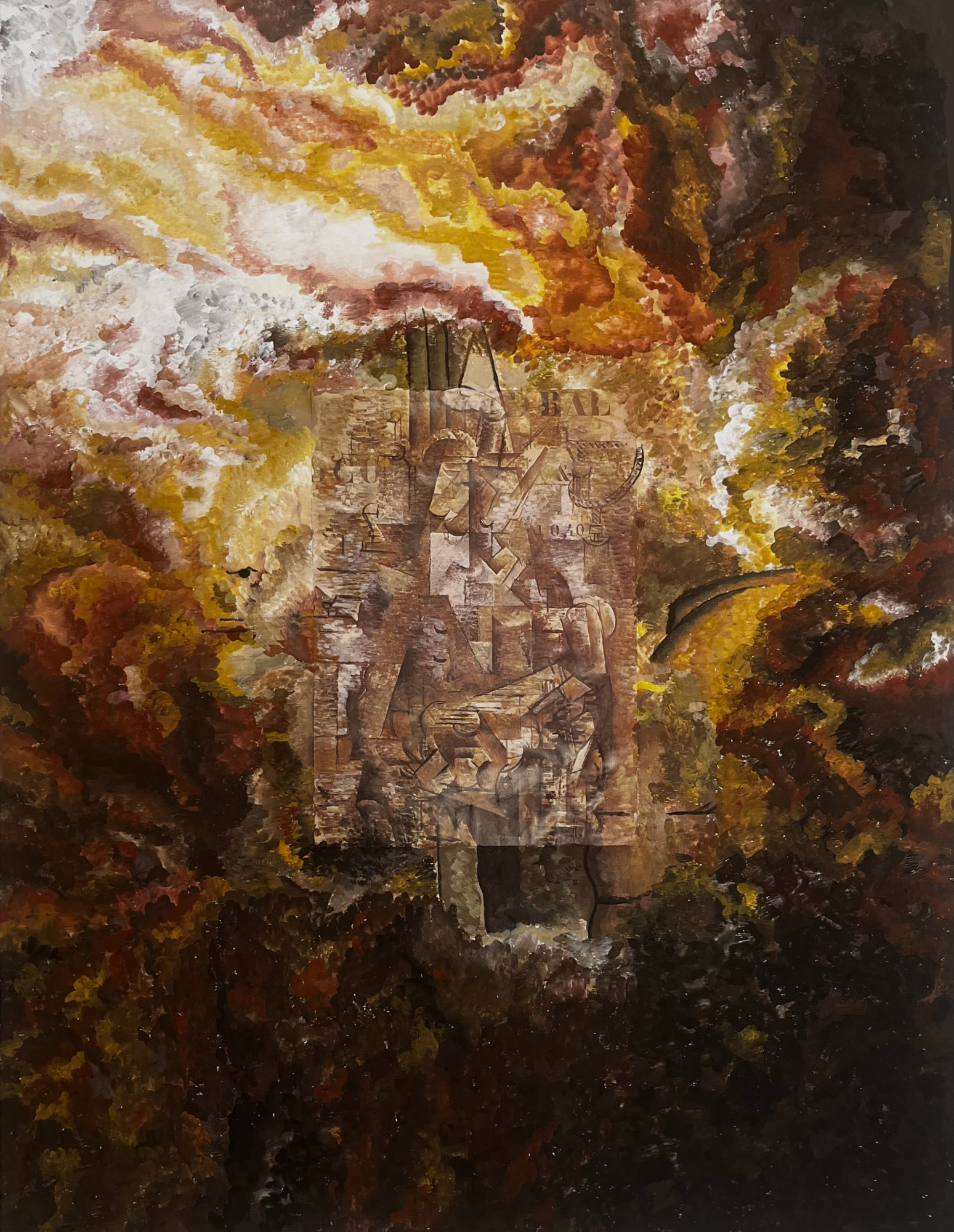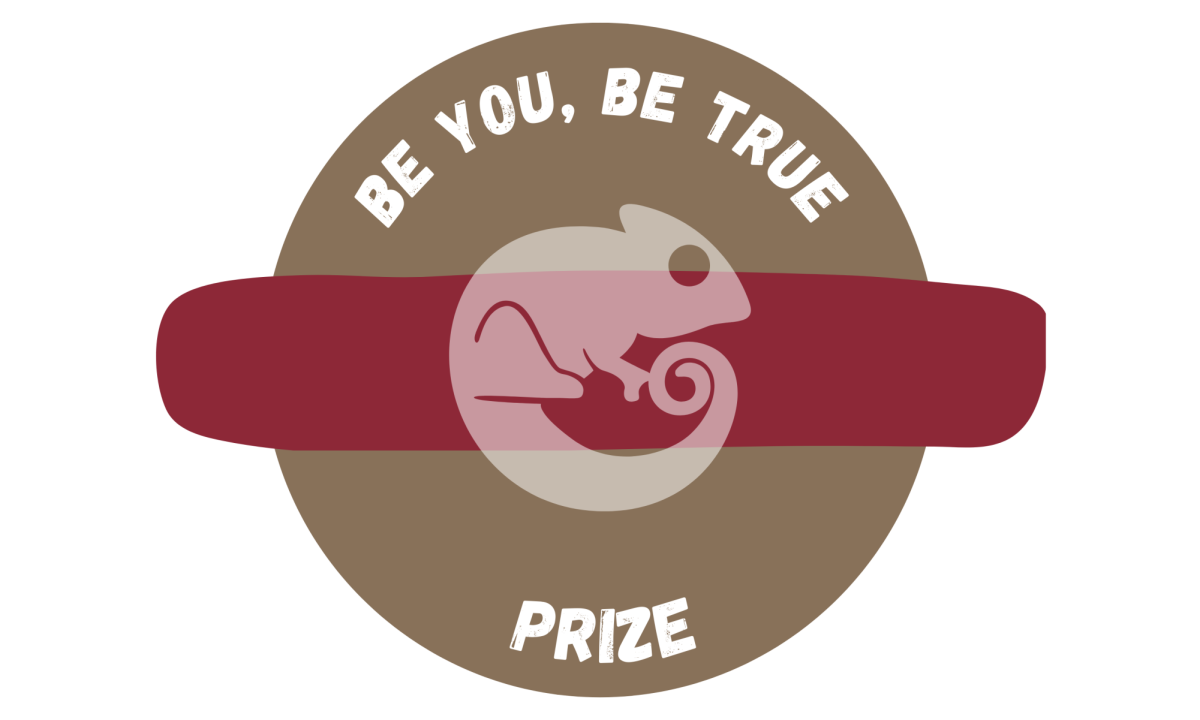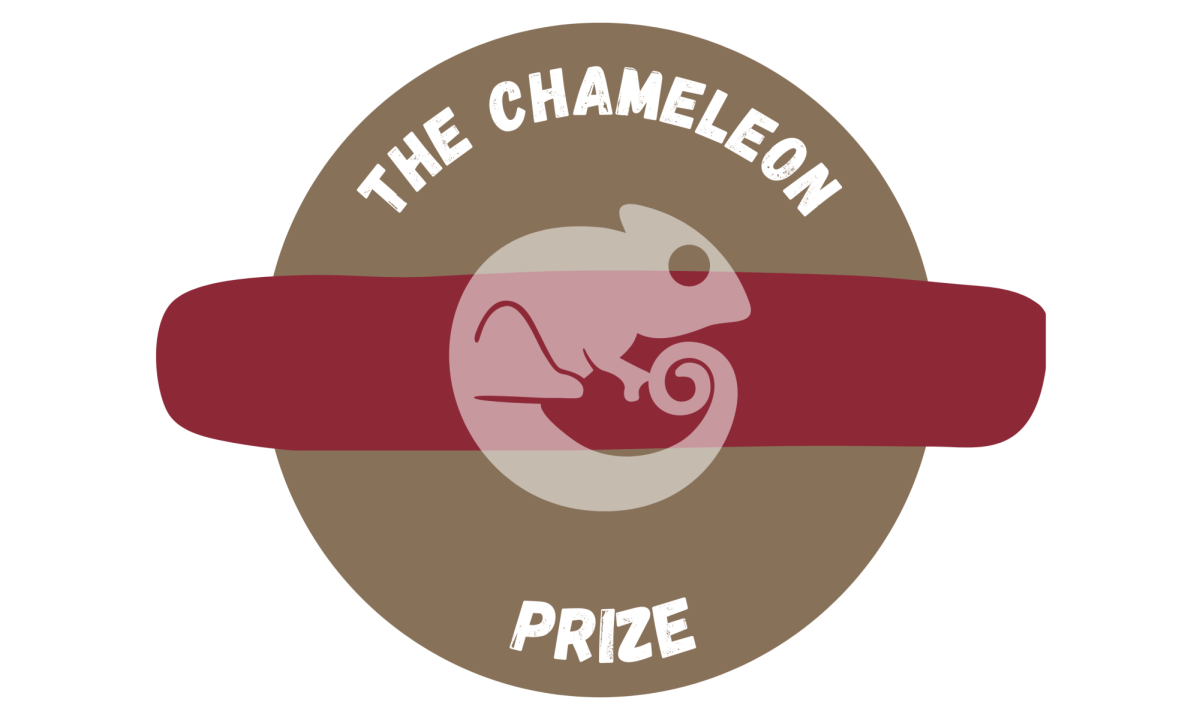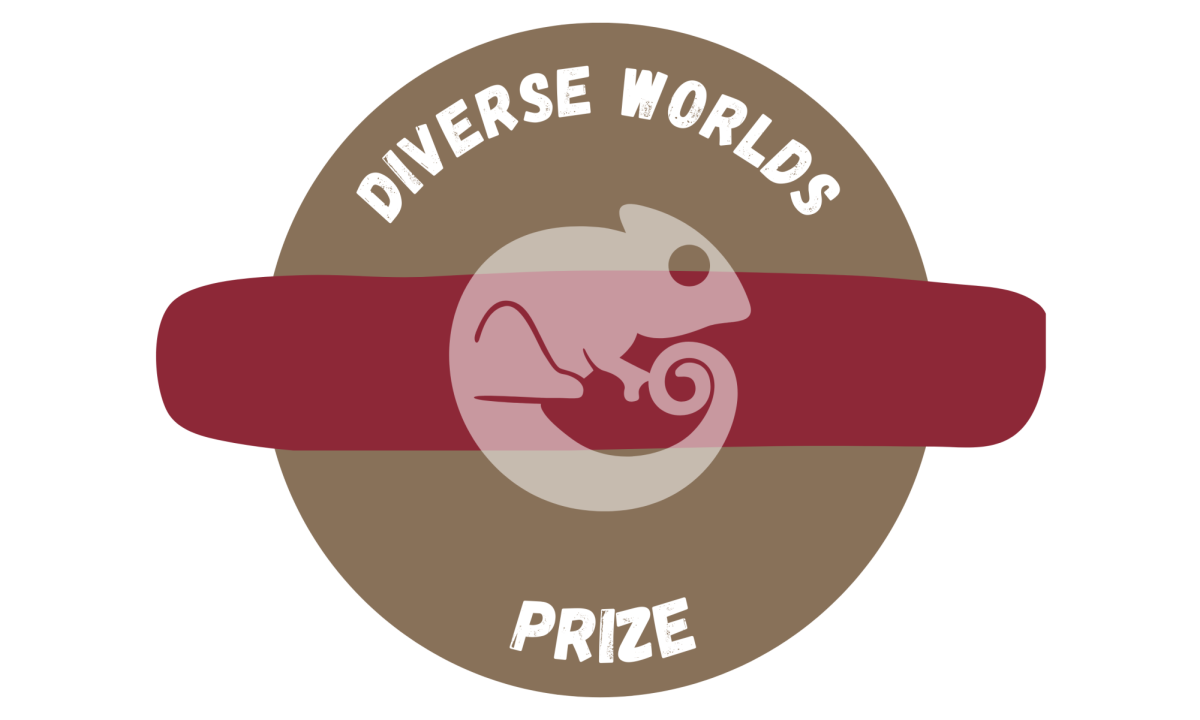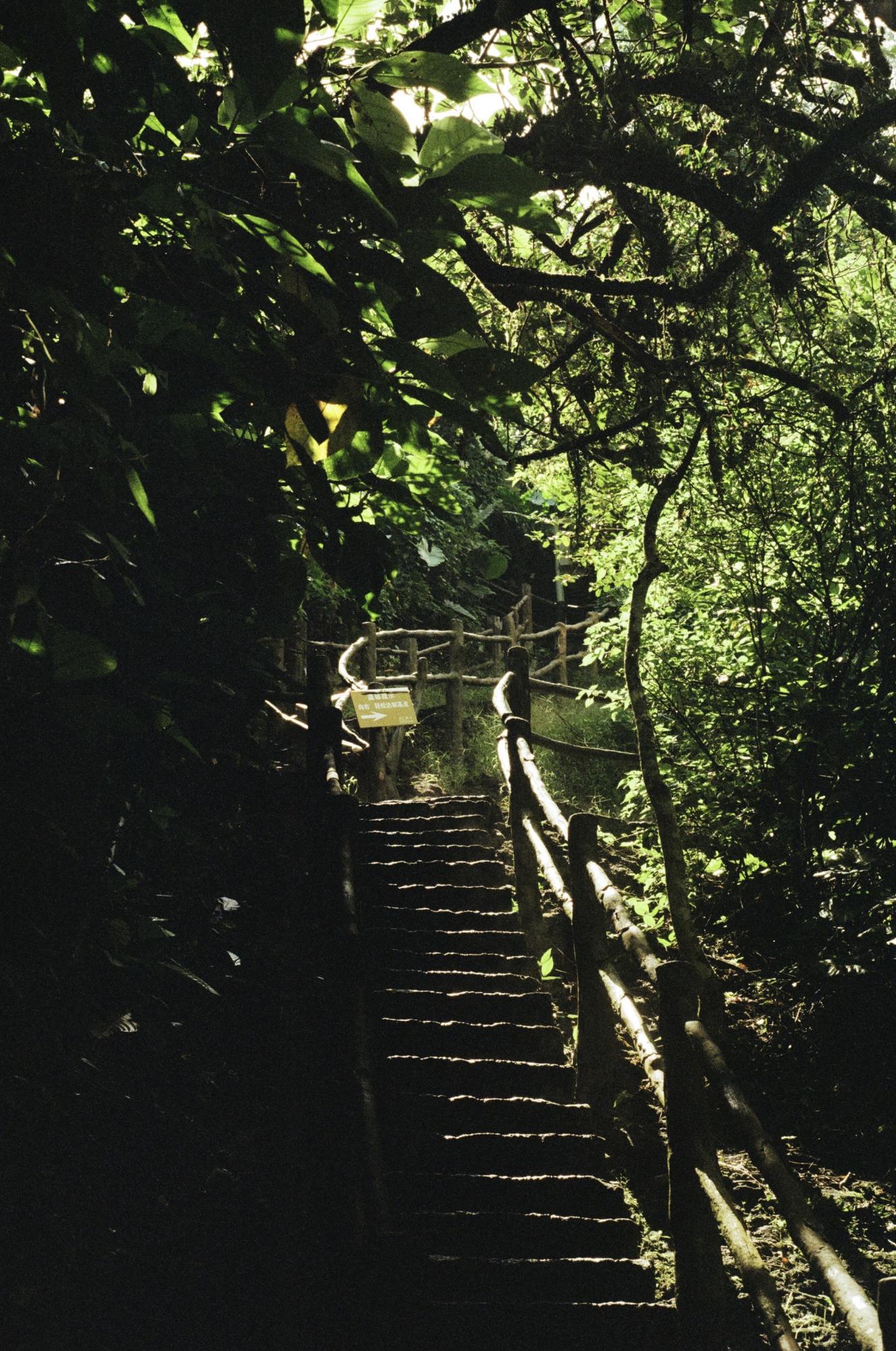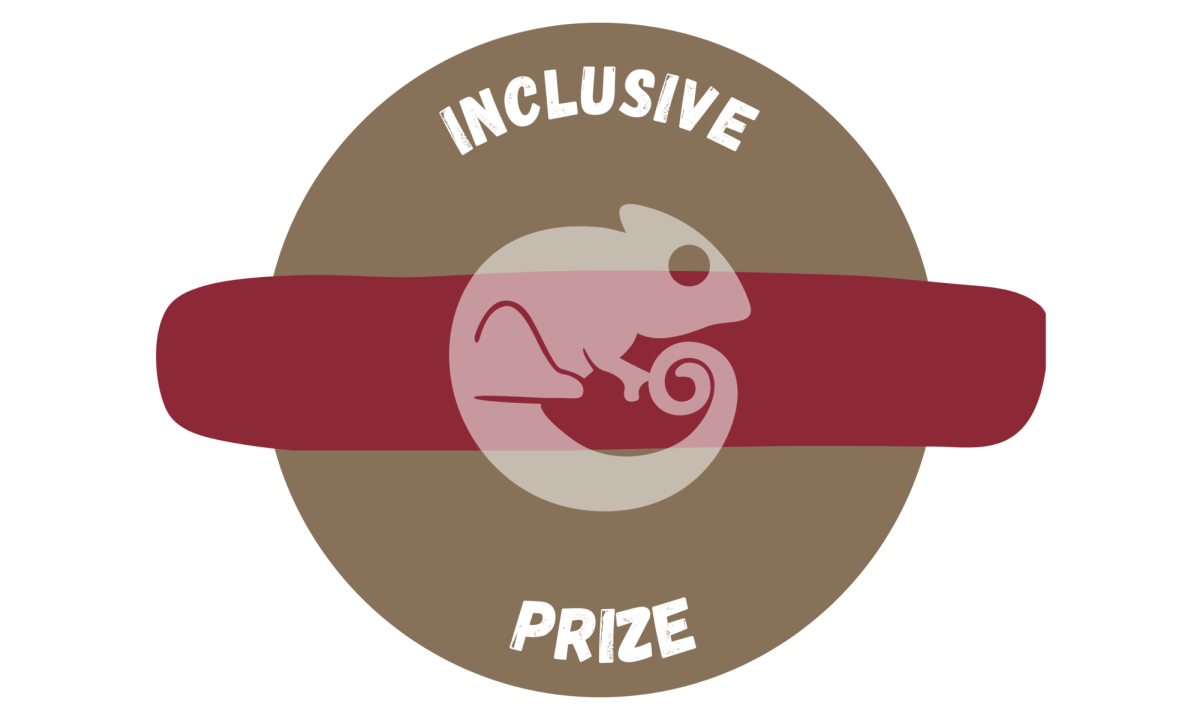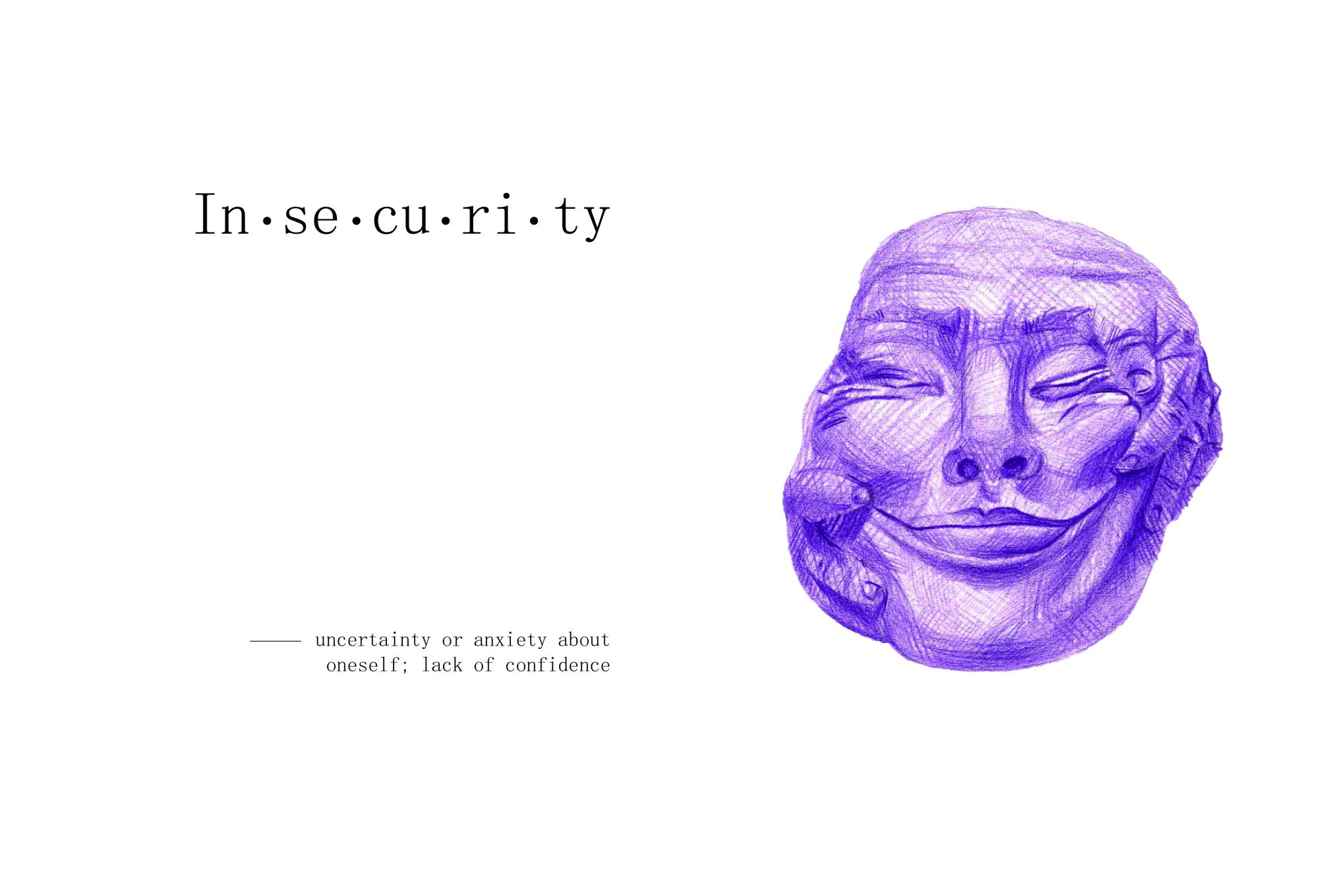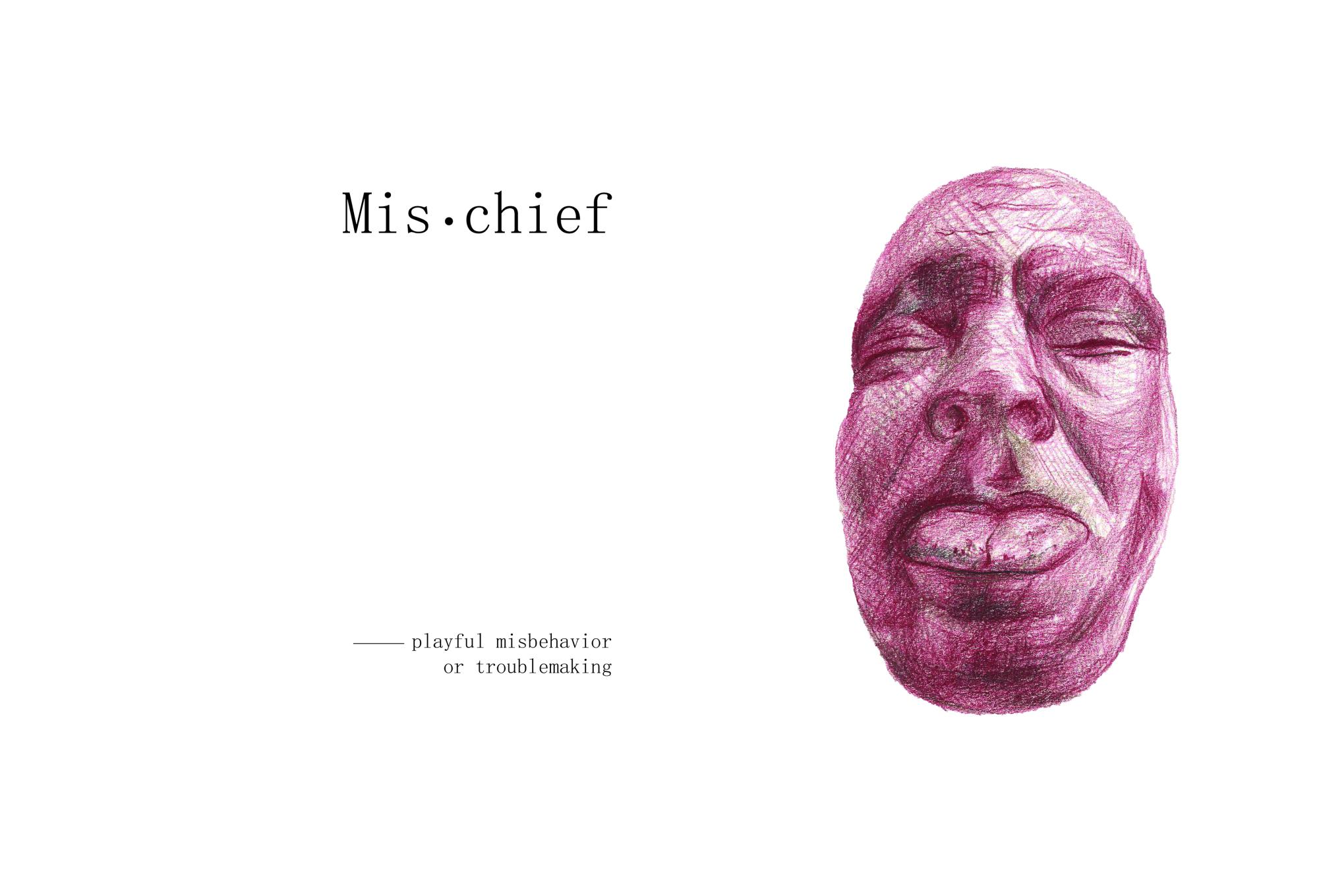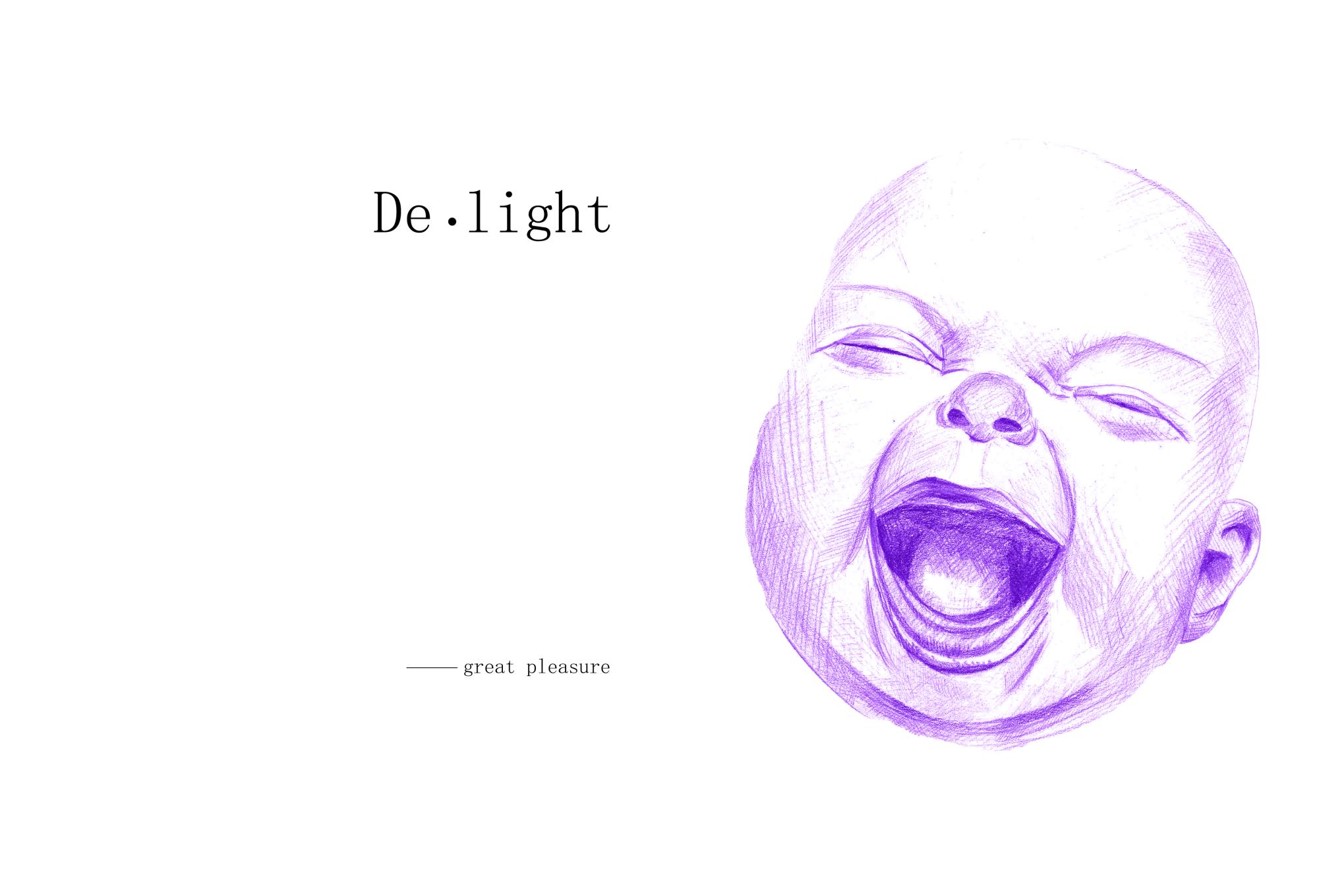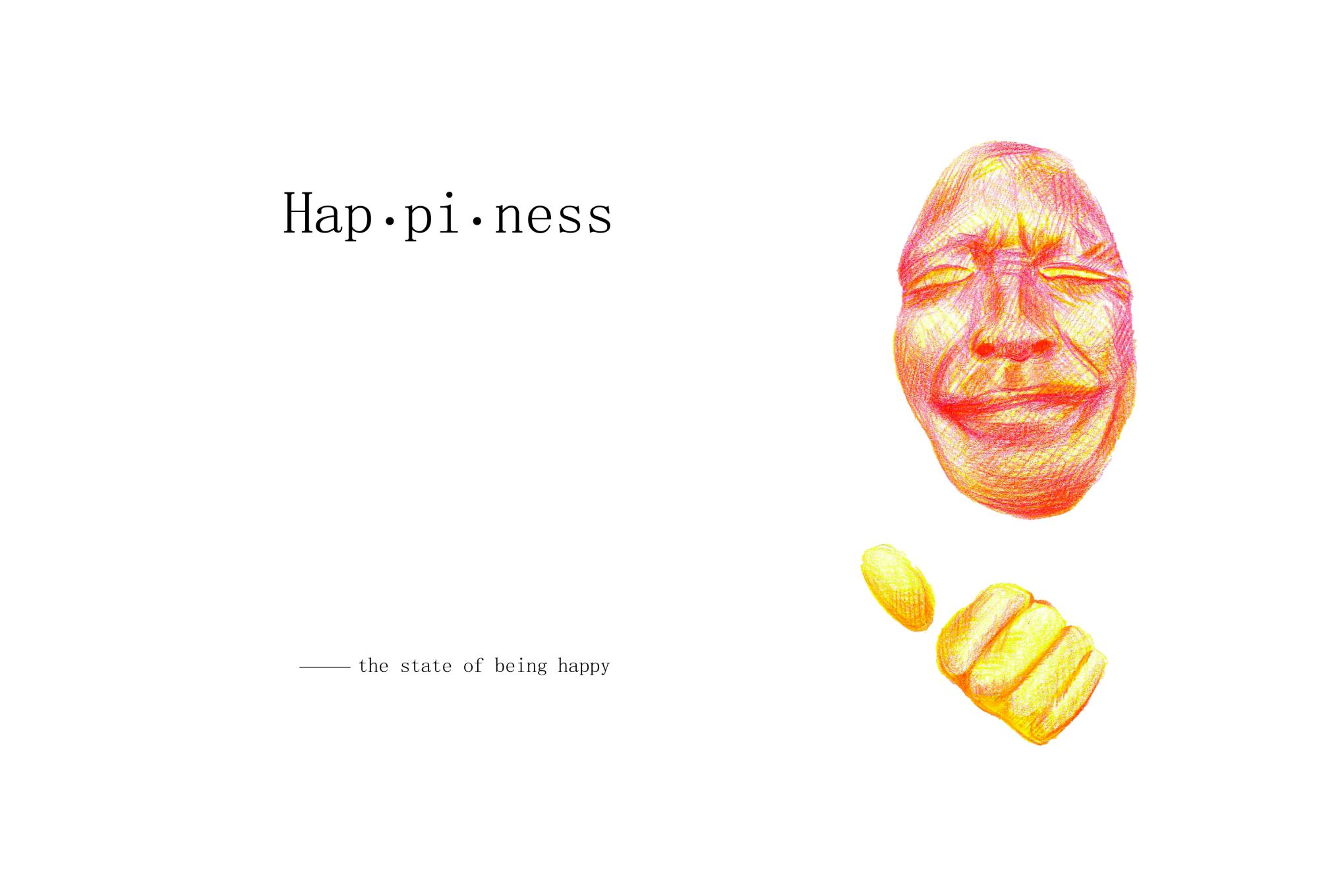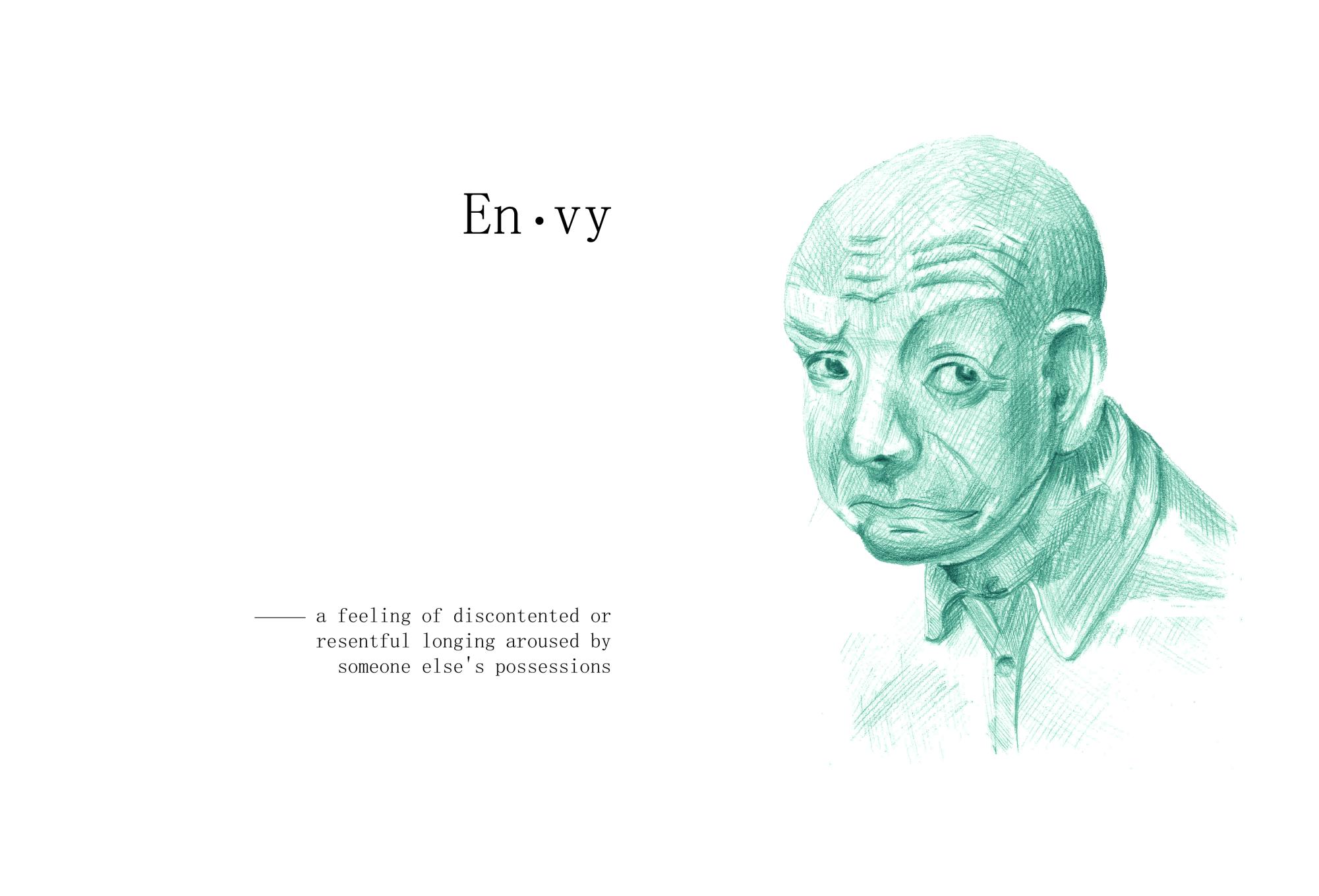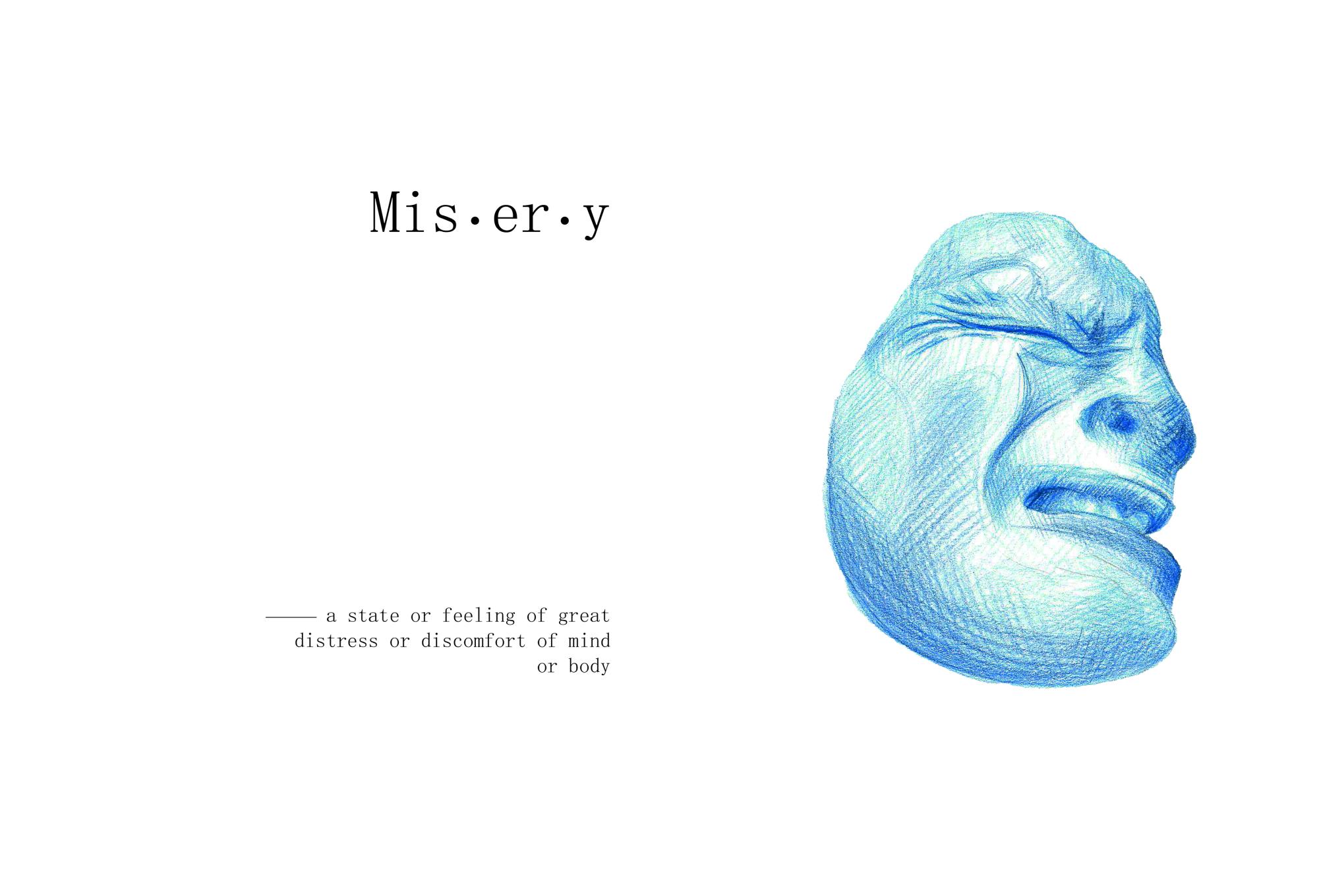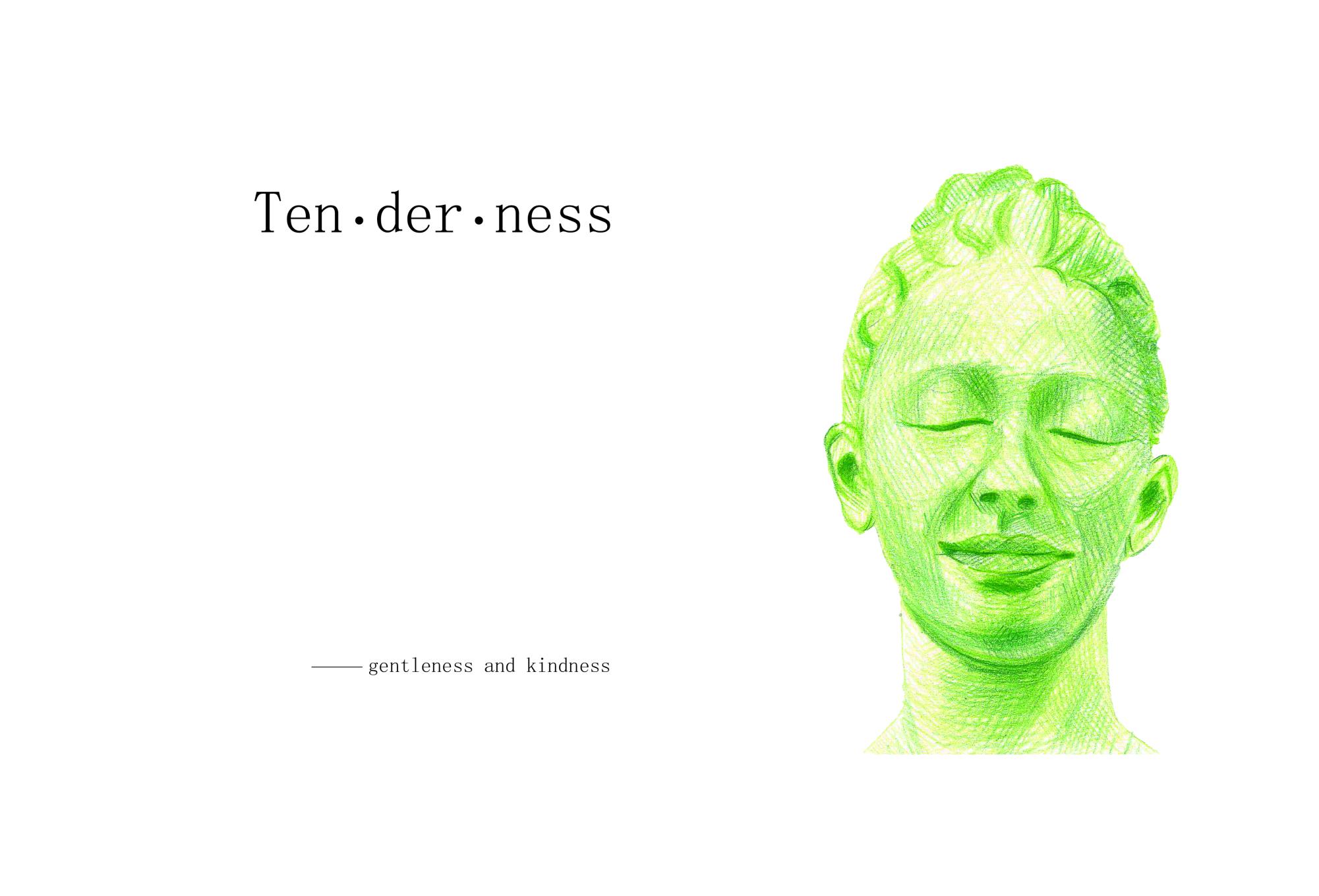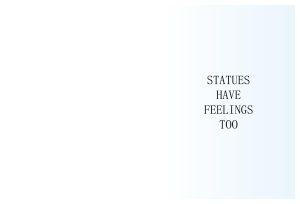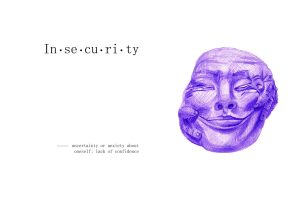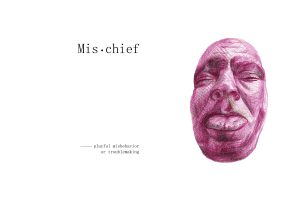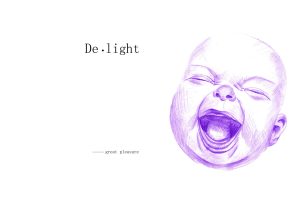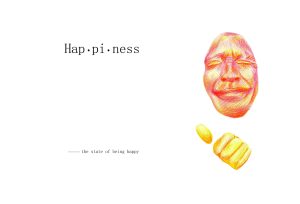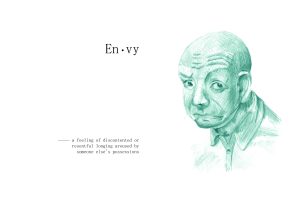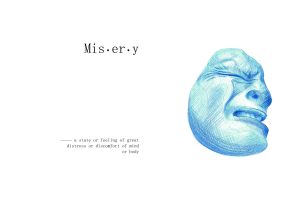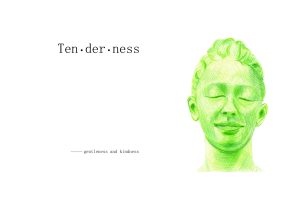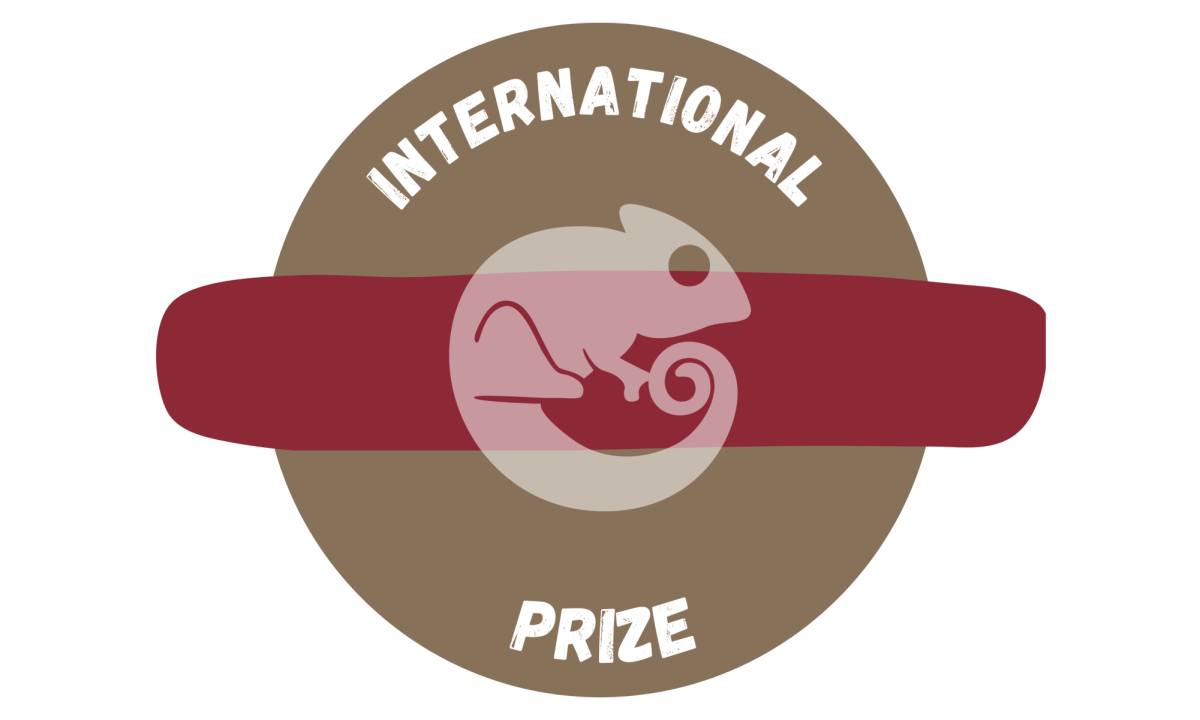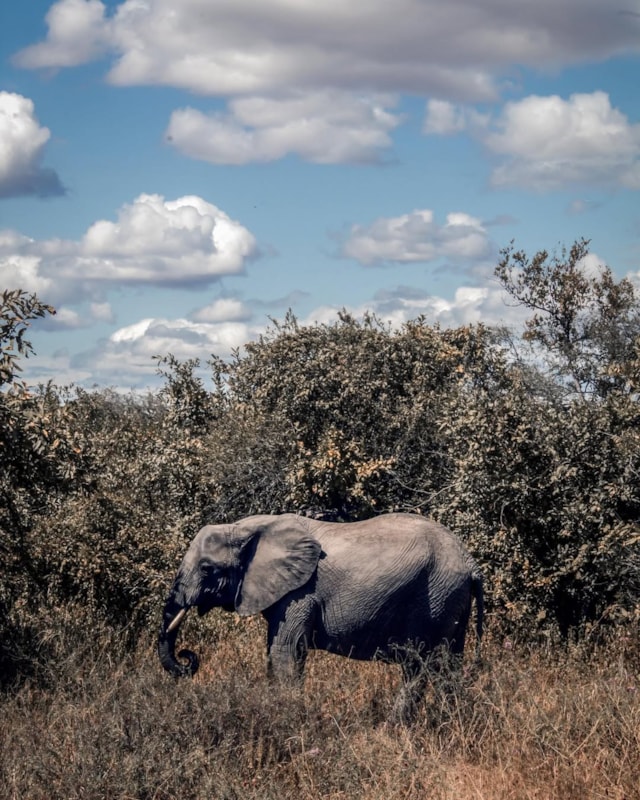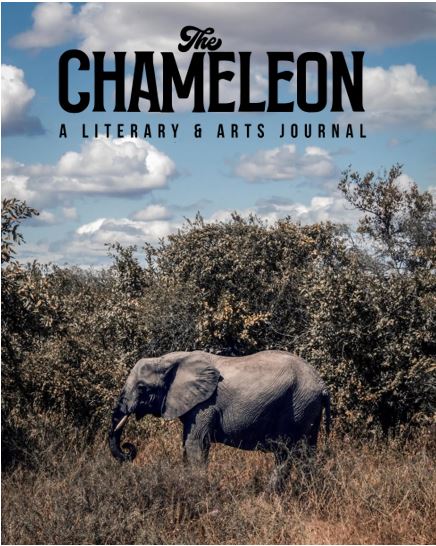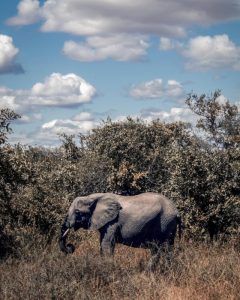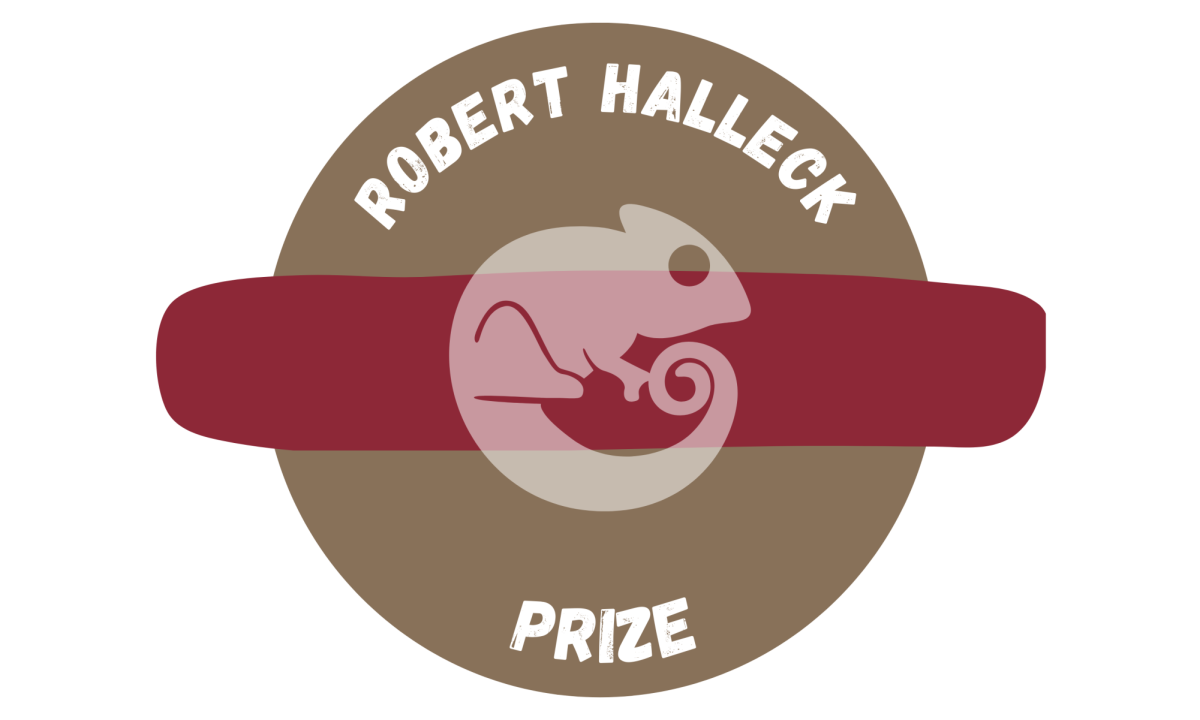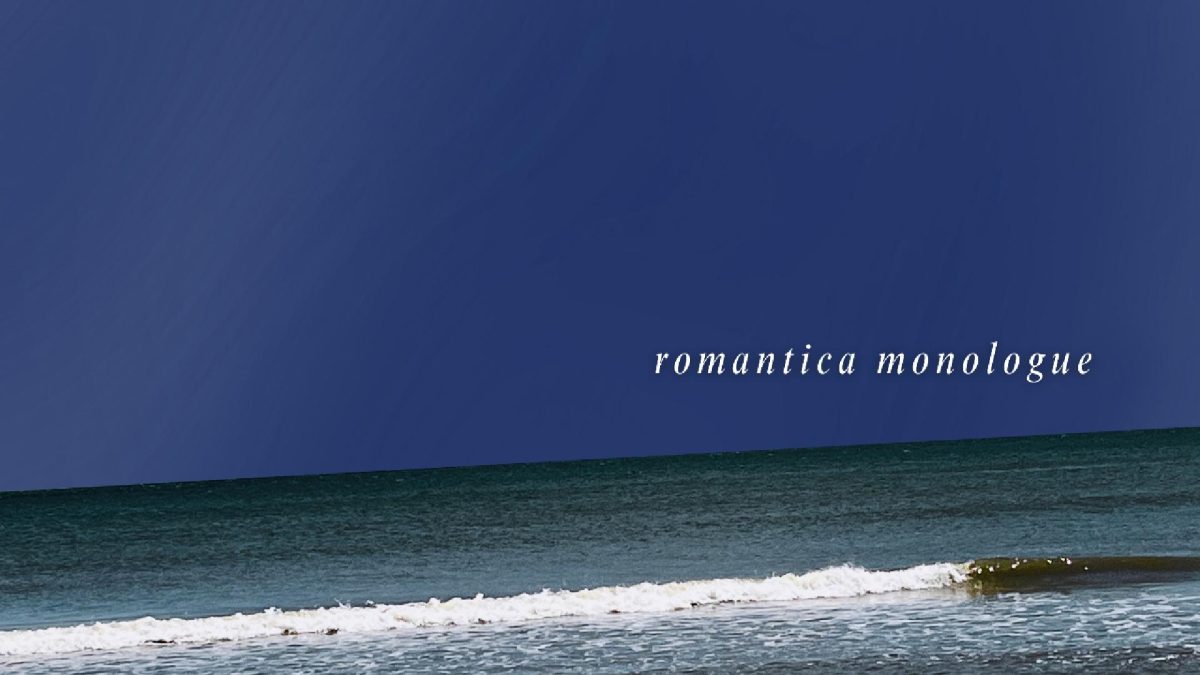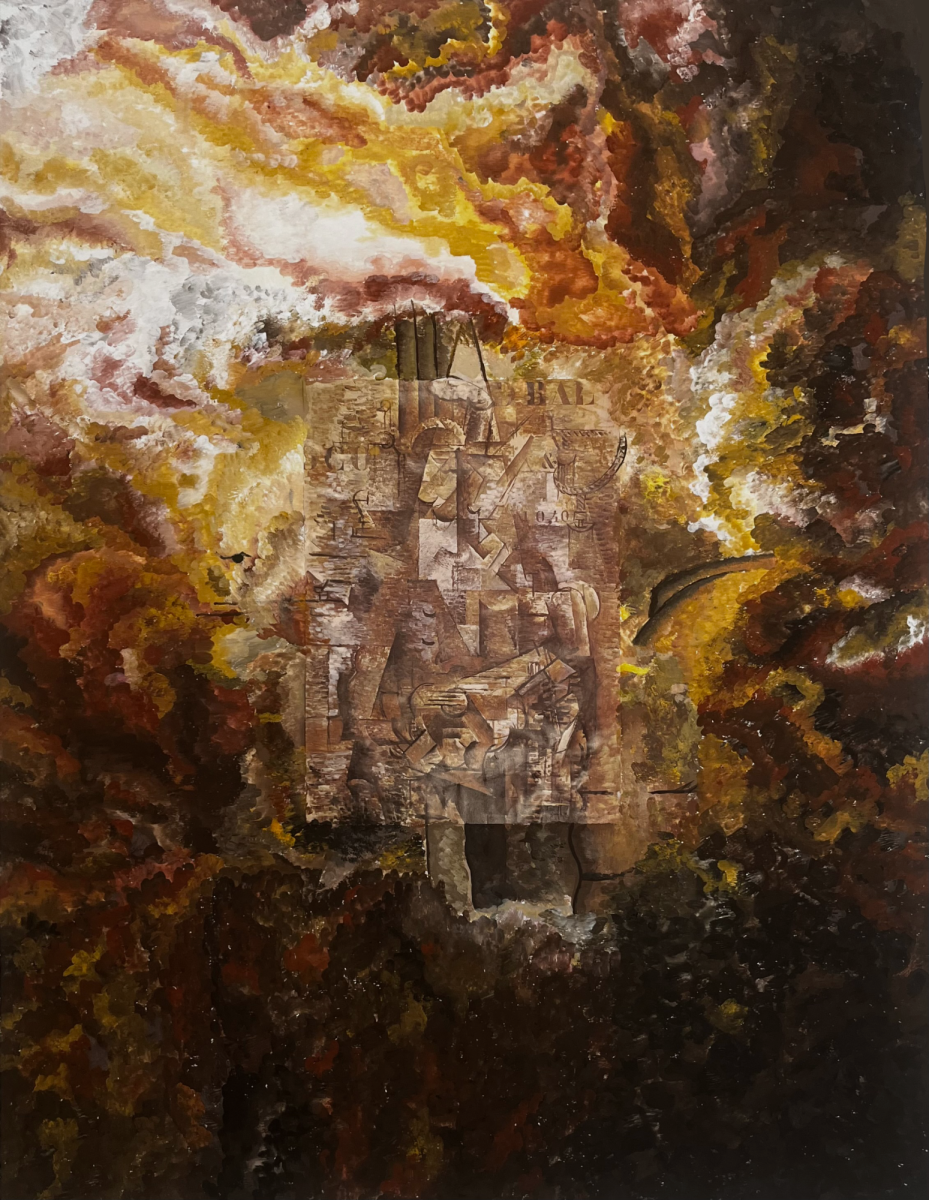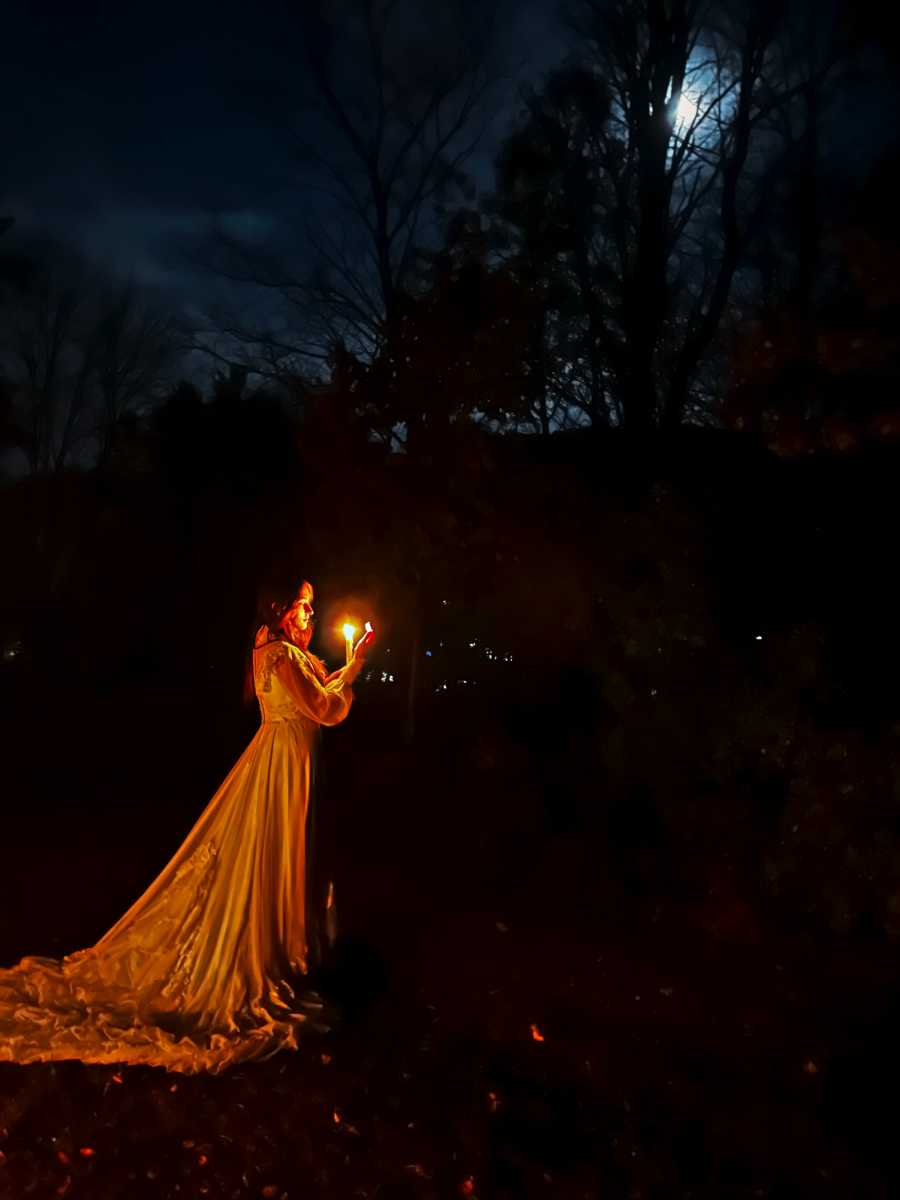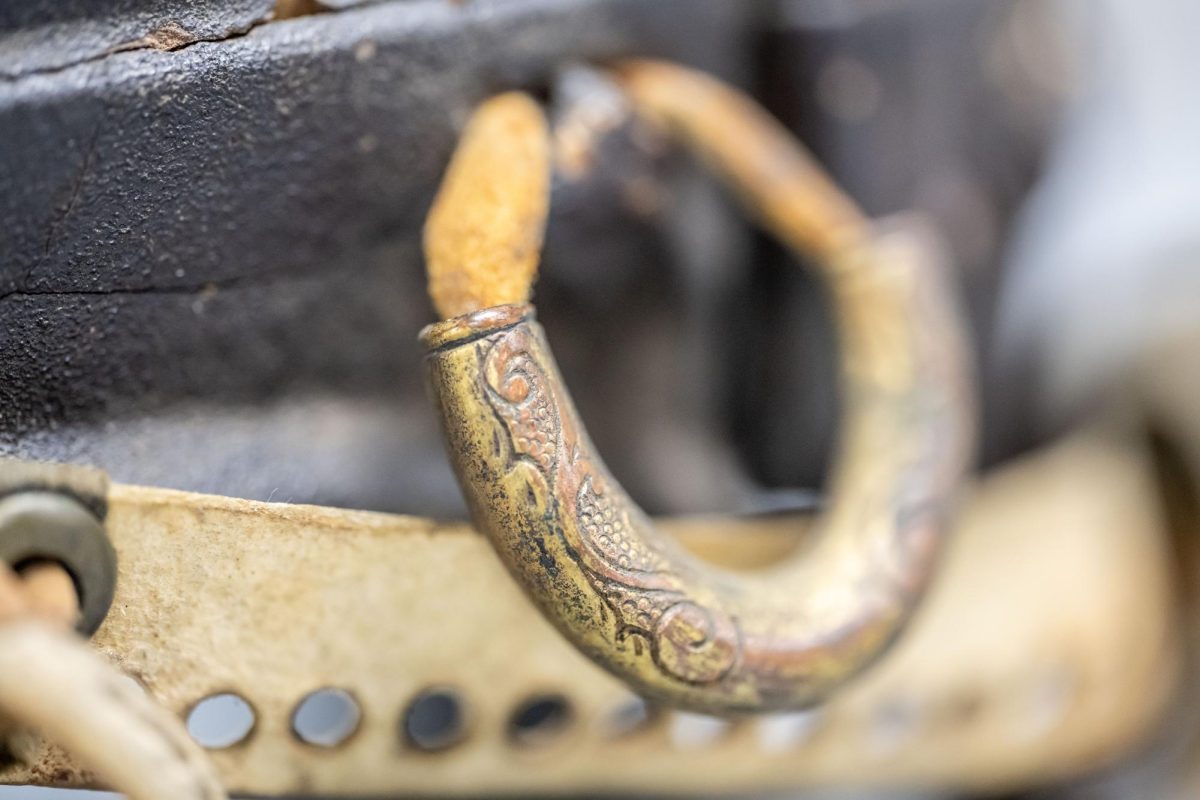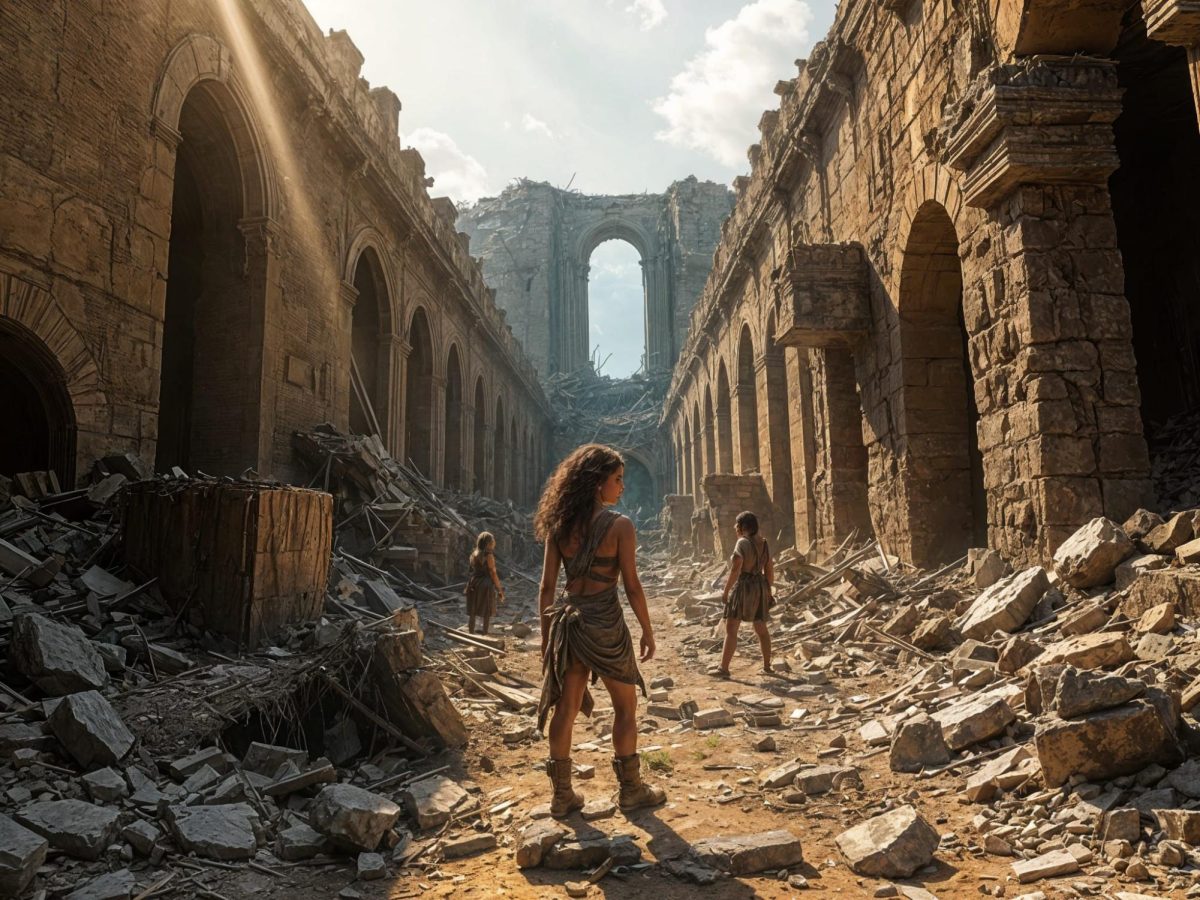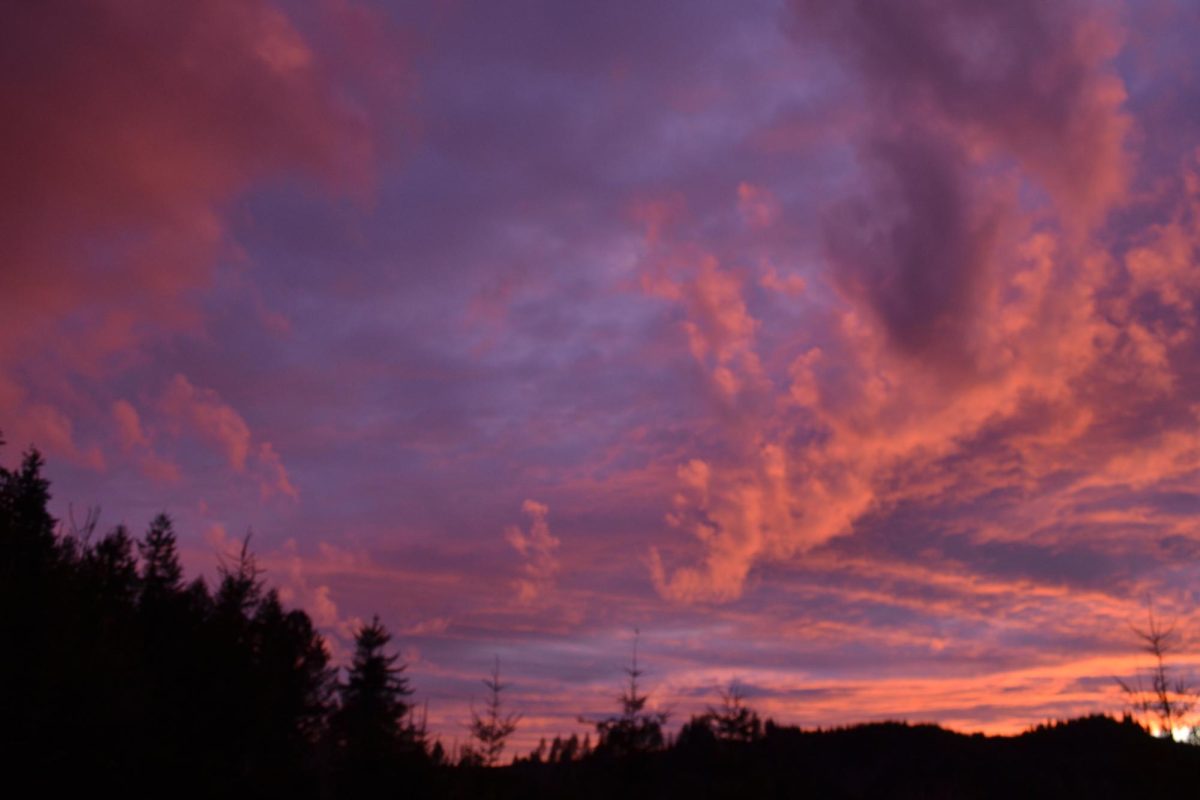Award Winners
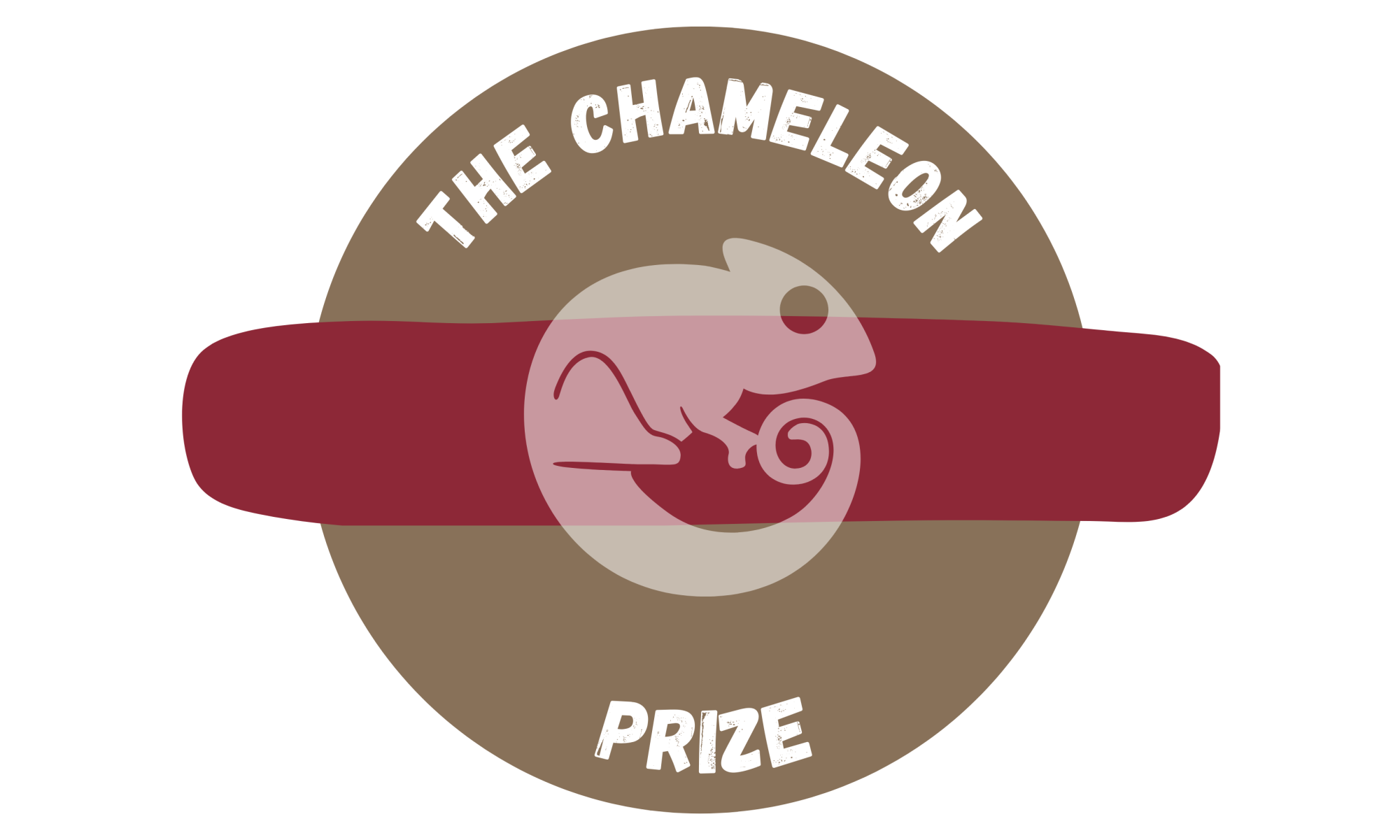
Survival is more than breath in my lungs;
It’s the pain of waking to another day,
The struggle to gather pieces of a shattered soul,
The quiet battles fought where no one could see.
They see the surface, the semblance of strength,
But they don’t feel the weight of the nights,
The endless ache that resounds in my chest,
The ghosts of what might have been.
“But you survived,” they say,
As if survival is a badge of honor,
As if it erases the wounds,
As if it mends the deep-rooted sorrow.
Yes, I survived, but at what cost?
The girl I once was is lost,
And what remains is just a shadow,
A ghost wandering through a life,
Forever altered.
So, when they say, “But you survived,”
I smile and nod,
While inside, I mourn the girl
Who did not.
- The World Does Not Wait for Grief.
The morning my grandmother died, the sky held its promise of rain but never delivered. Clouds lingered like unsent apologies, and the world spun forward, indifferent. At nineteen, I realized loss is a solitary clock, ticking loudly, while the rest of the world runs silent. We are given no choice but to move alongside it.
- Kindness Can Be Both a Weapon and a Refuge.
A stranger once helped me carry a suitcase up a broken escalator. I don’t remember their face, only the brief weightlessness of their touch. But I’ve also seen kindness wielded like a blade—smiles dipped in acid, compliments that corrode. I learned that kindness is powerful, but its intent always matters more than its action.
- Books Are Maps to Places That Never Were.
At seventeen, I knew books could save us, but I also understood they could destroy us. Lolita taught me the depths of obsession, while Jane Eyre whispered that dignity can be a rebellion. To hold a book is to hold a world that might never exist, except in the small, fragile space between your mind and the page.
- Home Is Not a Place but a Condition.
I grew up thinking home was the white walls of my bedroom, the scent of dill in my mother’s soup, or the sound of the door creaking at 11 p.m. But by sixteen, I understood home as the moment someone says your name with care, the way a song can cradle your heart, or the rare silence of your own mind.
- Loneliness Is Not the Absence of People.
It’s standing in a crowd and feeling as if you’ve forgotten the language they all seem to speak. It’s sitting at a dinner table surrounded by laughter but hearing only the clinking of forks against plates. At fifteen, I accepted that loneliness isn’t cured by proximity but by connection—and connection is rare.
- Dreams Often Ask for More Than You’re Willing to Give.
I dreamed of writing a novel, of speaking my truths into the world. What I hadn’t dreamed of was the loneliness of the process, the way words sometimes refused to form, or how the fear of failure sat on my shoulder, an uninvited guest.
- People Leave, but Their Shadows Stay.
By thirteen, I knew that no one ever truly disappears. Their scent lingers in the sweaters they forgot to take, their laughter stays in old voicemail recordings, and their absence fills rooms like invisible sofas and love chairs. We carry their shadows like scars, both tender and permanent.
- Love Is Not What They Told You.
Love is not the crescendo in a romantic comedy nor the poetry of flowers blooming in spring. It is the quiet choice to stay during the unremarkable days. It is arguing over who left the milk out and realizing you care enough to argue.
- Forgiveness Is for the Forgiver.
At eleven, I learned that forgiveness is not about erasing the offense but lightening the burden of carrying it. It’s a gift we give ourselves, not the person who wronged us.
- The Universe Is Vast, and You Are Small—but Not Meaningless.
I once read that every atom in our bodies was forged in the heart of a star. At ten, I understood the paradox of existence: we are both infinitesimal and extraordinary, a contradiction the universe is happy to keep.
- Not All Answers Will Satisfy You.
Some questions remain mysteries not because they’re unsolvable but because their answers are too painful. I learned to stop asking why someone left, why love turns sour, or why good people die young. Some answers only bruise deeper.
- You Are the Stories You Tell Yourself.
At eight, I realized I was not just my achievements or failures. I was the narrative I crafted—the shy boy who became bold, the dreamer who refused to give up. To rewrite our stories is to rewrite our lives.
- Time Is a Thief, But Also a Giver.
Nineteen felt an eternity away when I was ten, but an eye blink once I arrived. Time stole my innocence but gave me wisdom in return. It’s a trade I neither wanted nor could refuse.
- Pain Does Not Always Announce Itself.
Sometimes, it’s not the storm but the drizzle that soaks through. Pain can creep into life quietly, like a song we didn’t realize was sad until we listened to the lyrics. At fourteen, I learned to listen.
- Art Is the Closest Thing We Have to Magic.
A painting can hold our breath hostage; a symphony can stop our heart. I understood that art doesn’t just imitate life—it transforms it. To create is to perform magic.
- Happiness Is Fleeting but Worth Chasing.
I stopped believing in permanent happiness at sixteen. It’s a butterfly we catch only briefly before it flutters away. But those moments—brief as they are—are worth the chase.
- Not Everyone Will Understand You, and That’s Okay.
There will be people who mispronounce your name, dismiss your ideas, or misunderstand your silences. At seventeen, I learned that you cannot make everyone see you clearly—and you don’t need to.
- There Is Power in Stillness.
The world teaches us to run, to strive, to do. But at eighteen, I learned the quiet power of stillness—of sitting with yourself and hearing the truths that emerge only in silence.
- You Are Always Becoming.
At nineteen, I thought I should already know who I was. But I understood this: life is a constant unfolding, a series of arrivals and departures. We are always in the process of becoming, and that is terrifying and beautiful.
I forget things.
Memory is a fragile wisp, constantly slipping through my fingers, the value of them, priceless, as an artist’s work is always worth so much more once they are dead. Sometimes I wonder what a person is with no memories, a shell sentenced to being empty forever? There is little value to a blank canvas, its riches held only in possibility. A life sentenced to melting away to be bare, destined to be painted with endless scenes overlapping yet never coming to focus. The ultimate gift to a paintbrush, an eternity of creation, and yet it’s ultimate despair to never leave its mark. I wonder if I’ve ever lived the same moment more than once, if I’ve experienced love, loss, laughter, grief.
I often dance to songs my mind doesn’t know the words to, my feet remembering the steps. The rhythm carrying me through a past life I can’t quite grasp. Harmonies and bridges cradling the empty space, promising to fill the void. It’s not something you have to know to enjoy, to feel. I feel the soft breaths of existence, like the whisper of a melody brushing against my skin. I feel hints of emotions, the dull echo of something almost empty.
When memory is so fickle, and my hands are torn and sore from hanging on for so long, refusing to let the moments disappear into the abyss, I hide them. Each day is stored carefully in a box. Pieces of shattered glass explain the scars on my palm, shirts too small promise a childhood I can’t assure you was there, and smooth stones affirm that I’ve spent many days by a riverside. Rivers hold memories, you know, the water is always changing, moving on, but it leaves behind proof that it was there. The smooth stones are my favorite, the water eroding the rough surface behind. Sometimes, if I rub my thumb over the pebbles long enough, hard enough, I think the rock may hold my memories too, just as it does for the river.
So, I entrust my memories to the ground. Soil cradling these boxes, held in the way a motherless baby is held. Heavily. The ache of the void less, knowing that they are safe from my deteriorating mind.
Sometimes I dig them up. The little stones are the only indication of any existence. A garden of unmarked graves. The calendar of my life lost to me under the cover of worms and dirt. I’ll sift through the contents, waiting for the click of a memory to fall into place. A face to gaze upon me and to see more than a half-developed frame. It never does. But on occasion, I unearth the keeper of a letter, a box much smaller than the rest. My knees covered in soil much richer than any I’ve seen before, the blackened crescent moons of my nails filled with the secrets of a girl I grieve for. The dirty fingerprints marring the pristine pages promised I had held this life in my hands before they became calloused and assured I would hold it again as they wither with age. Its contents pledged a life wondrously beautiful, wicked, and utterly lost. The existence, her secrets blissfully absent from time, only persevered in ink and parchment. Until I find myself digging them up once again.
O architects of progress, artisans of code,
Who fabricate the veins of cities with glass and steel
And measure the heavens through mechanical eyes.
Have you grown so attuned with the hum of your machines
That the echoes of wisdom, ancient and enduring,
Fade to whispers beneath innovation’s roar?
Who constructs the world with precise hands
But cold, resolute logic.
When did you abandon such astonishment?
When did the art of asking “Why?”
Become obsolete, entombed under
The cursory conviction of “How?”
Innovation builds towers that pierce the blue sky,
Yet the foundations palpitate and buckle.
For what is technology
Without the cornerstone of meaning?
What is advancement
Without a passionate compass to guide it?
Forging onward, blind and triumphant.
Daedalus warned us
That even the most magnificent flight
Will tumble without wisdom’s restraint.
In pursuit of the next frontier,
The Humanities are left in the wings.
Muzzling the poets,
And abandoning historians locked within their archives,
Omitted, like relics of an obsolete era.
And now, in a haste to vanquish the unknown,
Stories that once tethered humanity are dismissed
Of their purpose, their impetus.
You conceive machines to write,
But can they apprehend the breadth of our fervor and pleasure?
Algorithms to mimic thought,
But can they seize and latch onto the burden of free will?
Can they probe the morality of their own creation?
Humanity has been disassembled
Into data points, graphs, and lines
And culture, values, and art reduced to trifles.
The languages of these formidable empires
Now foreign vernaculars.
This is not a reproach, but an invitation.
Returning to the wisdom of those who came before.
Not as relics, but as guides,
Not as obstacles, but as partners
In the journey toward true progress.
Rome did not collapse because its aqueducts crumbled.
It fell when its citizens ceased
To question their purpose and corruption spread,
Athens did not perish
Because its warriors were technologically outmatched.
It perished when its thinkers fell silent,
When the dialogues of free men
Were replaced by conquest and complacency.
And so, too, will we perish
If we do not return
To the wisdom of the humanities.
—
Oh, heed me!
I am philosophy,
Your thinking, your reasoning, your thoughts
Whispering beneath the clamor of invention,
Urging you to ask not just what you can generate,
But whether you must.
I am literature,
A vessel of truth
Veiled in the folds of fiction,
Truth that science cannot quantify.
I am history,
A mirror returning your follies,
Warning you of the cyclical nature
Of hasty gratification and ignorance.
I am culture,
A kaleidoscope of perspectives
That transcends borders
And weaves humanity together
In ways your equations could never imagine.
For the Humanities
I am diminished to electives,
Paltry credits to be obtained and forsaken.
But I am not discretionary.
I am the breath in your lungs
And the pulse in your veins.
Without me, advancements are futile,
Knowledge, fractured.
—
We study genomes,
But cannot decipher
The poetry inscribed within them.
We build bridges,
But cannot traverse the chasm
That separates two hearts.
We conquer space,
But leave souls
Anchored to a desolate shore.
Education is not a machine to be programmed,
But a garden to be tended.
The sciences may give us fruit,
But without the humanities,
The soil beneath us will rot.
The tree of knowledge will wither,
Its branches splintering under the weight
Of unchecked ambition,
For without the Humanities,
We lose the morals that once gave it meaning.
Prometheus bestowed humanity fire,
Not merely for survival,
But for illumination.
And yet, here we stand,
Blinded by our own brilliance,
Stumbling through the darkness
Because we have snuffed out
The light of acuity.
—
I am the conscience
We have abandoned.
I am the question
We no longer ask.
I am the voice
That warns us of ruin
Even as we revel
In our fleeting triumphs.
Heed me now,
For the day will come
When machines will fail,
When cities will crumble,
When stars once charted
Will mock the arrogance
With their piercing indifference.
—
And in that final silence,
We will scour
For the poets,
For the philosophers,
For the storytellers
Who could have taught us
How to mourn, how to rebuild,
How to find meaning
In the rubble of a broken world.
But by then,
It will be gone.
The voices that once sang
Of love, of loss, of redemption
Will be vanquished to the void,
And we will finally understand
What we cast aside.
For a future without the Humanities
Is no future at all.
Your donation will support the student journalists of Norwich University. Your contribution will allow us to purchase equipment and cover our annual website hosting costs.
